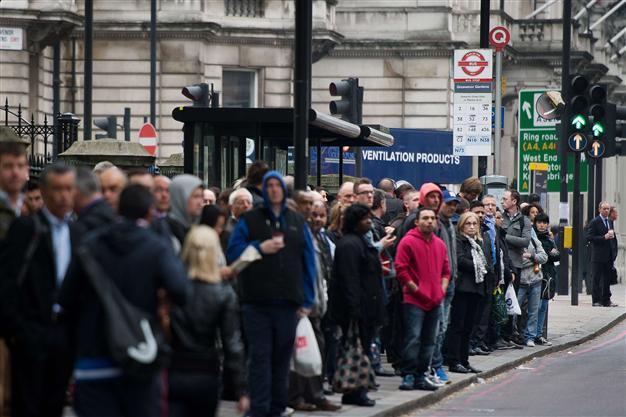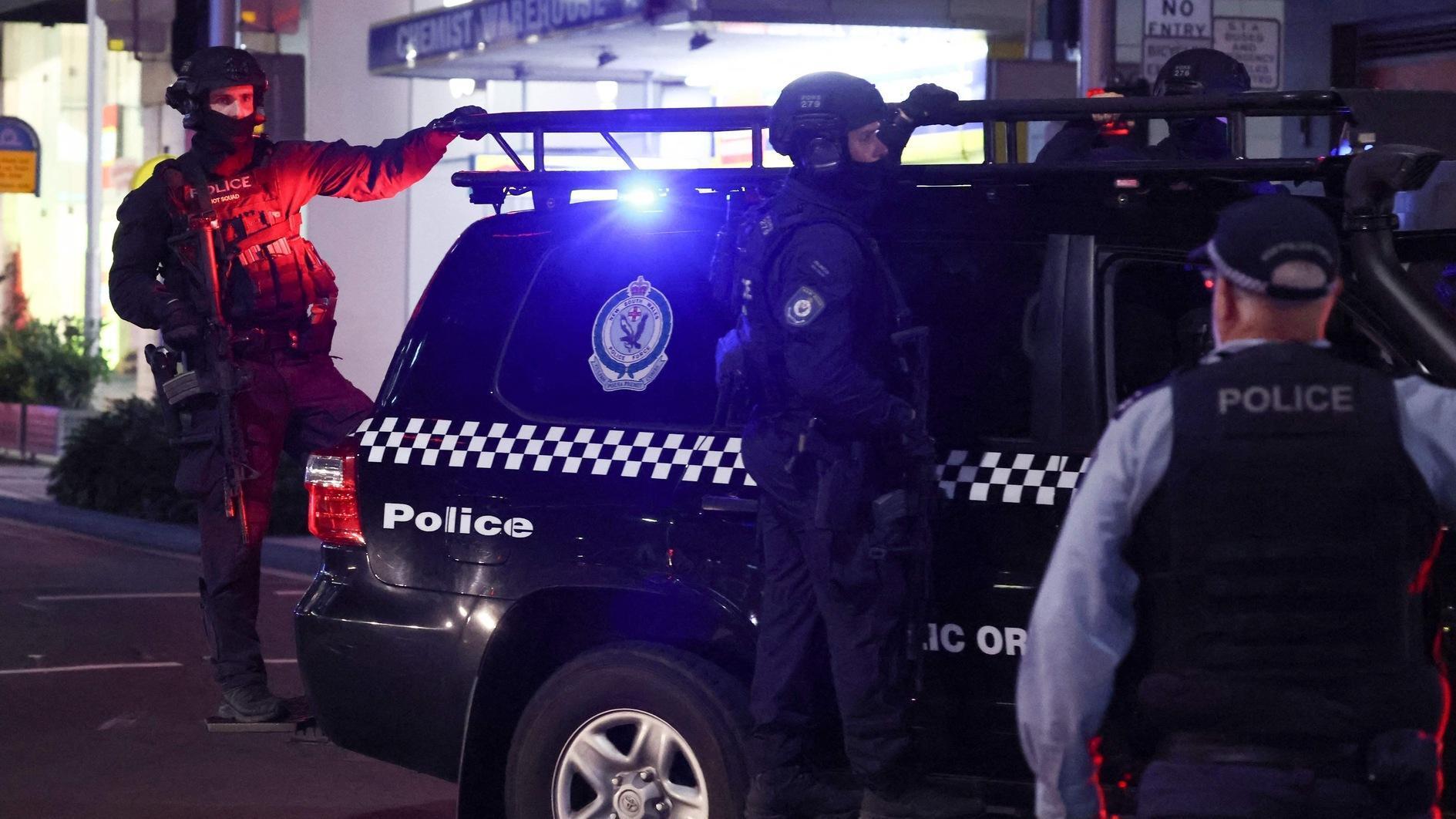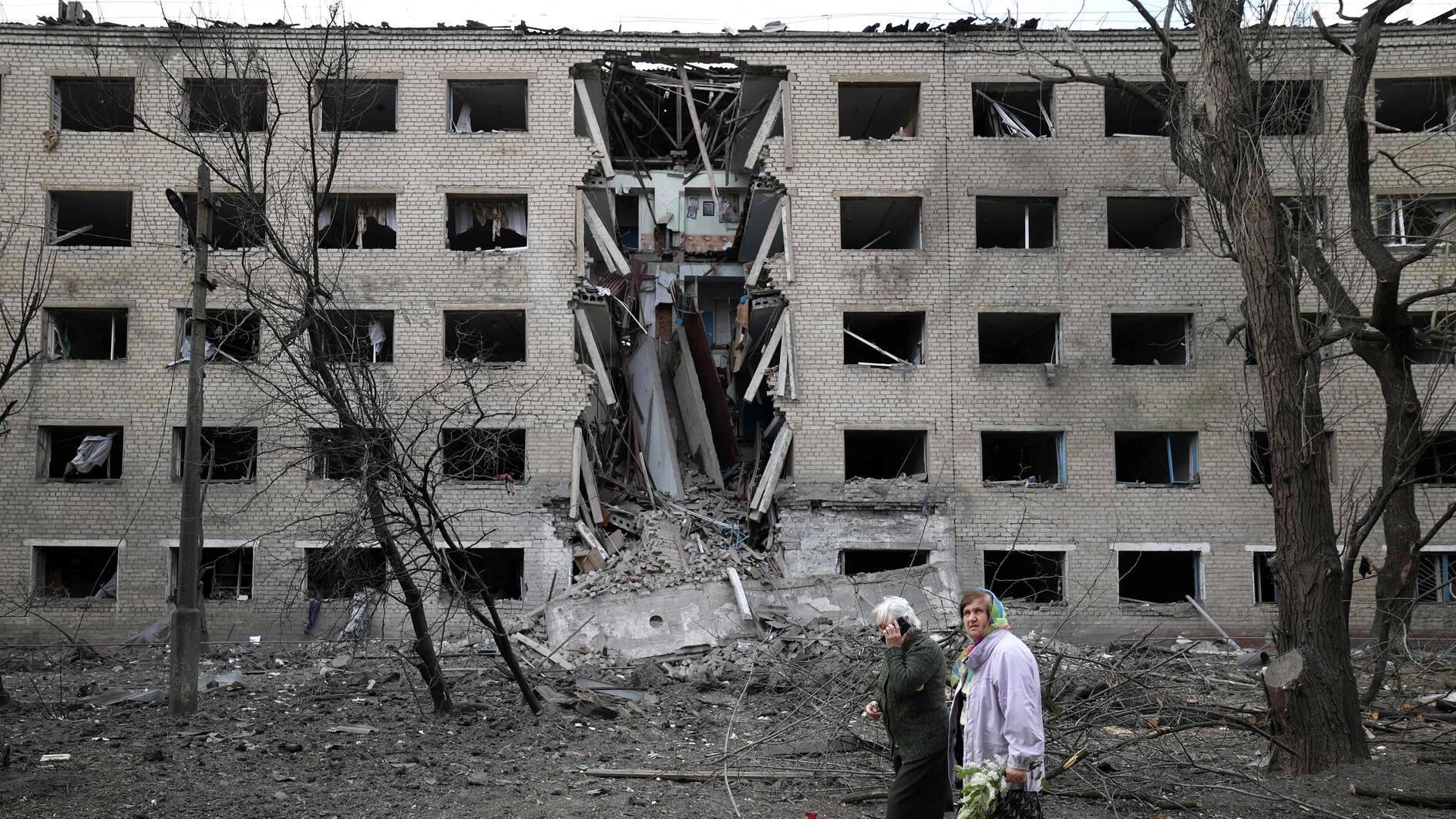48-hour tube strike forces Londoners overground
LONDON - Agence France-Presse

Commuters form long queues as they wait for buses outside Victoria station in London, on April 29, 2014. AFP Photo
Millions of Londoners were forced to walk, cycle or take packed buses to work on Tuesday as a 48-hour strike by Tube workers caused disruption across the capital.Services were operating on nine of the 11 Underground lines but at a much reduced frequency, causing queues outside stations and overcrowded trains at rush hour.
More than 50 of the estimated 270 Tube stations were closed altogether, according to Transport for London (TfL), which runs public transport in the capital.
An extra 266 buses were operating to reduce the disruption and volunteers were deployed to help tourists, while overland train services were running as usual.
The action was called by the RMT union in protest at plans to close all ticket offices across the network, which it says will jeopardise hundreds of jobs and safety standards.
RMT acting general secretary Mick Cash, who took over after firebrand union leader Bob Crow died suddenly last month, said support for the strike was "solid".
He accused management of refusing to offer any concessions in talks on the dispute.
"RMT could have recommended the suspension of this strike action if London Underground had responded positively to our proposal to halt the ticket office closures and job cuts, stopping the dire impact they would have the length and breadth of London Underground," he said.
Mike Brown, managing director of London Underground, insisted that there would be no compulsory redundancies under their plans and said the strike was "pointless".
"Only the RMT leadership know the real motivations behind their action, but it is infuriating that London's commuters and businesses are the ones who are being forced to pay the price with five days of disruption," he said.
Staff walked out at 9:00 pm (2000 GMT) on Monday night for 48 hours, while a three-day strike is planned from next Monday evening.
Similar action by the RMT and TSSA unions in February caused widespread disruption, although another strike a week later was called off after last-minute talks.
London's Underground system, the oldest in the world, carries around three million passengers daily.
















